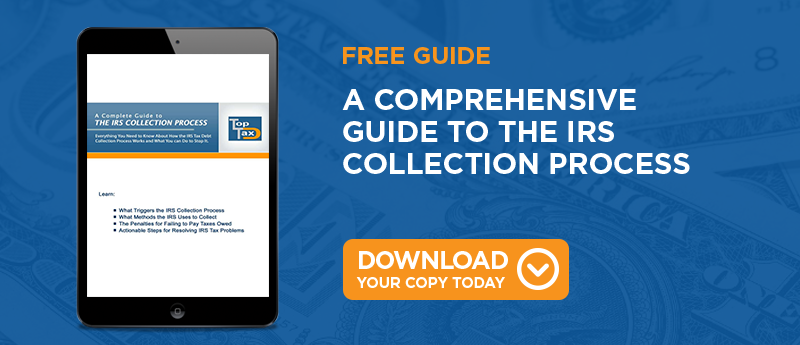
Editor’s Note: This post was originally published in May 2018 and has been updated for accuracy and comprehensiveness.
The IRS expects most taxpayers to file their returns on time every year. When the tax season starts in January, you have close to four months to file and submit your returns before the April 15 deadline.
However, if you've failed to file your taxes for the last several years, you might be wondering how much trouble you are actually in with the IRS and how to remedy the situation. You can start by determining when you last filed your taxes and by manually filing late returns.
Discovering the Dates of Your Last Tax Filings
If you have not saved your tax records from past years, chances are you might not remember when you last filed. Rather than take a wild guess and risk filing a double return, you need to know for sure when you last submitted a tax return to the IRS.
The IRS makes this process relatively simple by allowing you to research and order your tax transcripts on IRS.gov. You can get transcripts in two ways. The first is through their service, Get Transcripts Online. Alternatively, you can also get your transcripts by mail, if you prefer.
On the IRS's website, you will find a few different types of transcripts with various amounts and types of information. When you enter the Get Transcripts Online portal it will ask you some questions to determine which type of transcript you need and which years are available. You will be able to request transcripts from the last years that you filed. You can also order copies of them if you would like them for your personal records.
The IRS does not charge you for your prior years' tax transcripts. However, the information you enter into the request must exactly match the information recorded in the return transcripts. If you enter the wrong address or wrong amount of earnings, for example, the IRS may deny your request. Also, most types of transcripts are available for the current tax year or three years prior. So if you need transcripts older than 3 or 4 years, you'll need to submit a form (4506-T) and go through some additional steps.
How Can My Past Tax Transcripts Help Me?
Once you submit your request, the transcripts will be available to you through the Get Transcripts Online portal (the fastest, easiest way to receive your transcript) or mailed to your current address, which can take 5 to 10 calendar days.
If you register and verify your identity to access your online account with the IRS, you will also be able to find information in the online portal like:
- Find out how much you owe
- Look at your payment history
- See your prior year adjusted gross income (AGI)
- View other tax records
If you're lucky enough to be owed a refund for years during which you didn't file your taxes, be aware that the law only allows individuals to receive refunds up to 3 years from the date you file or 2 years from the date you pay your taxes. If you don't pay or file within that timeframe, you cannot receive your refund, with a few very narrow exceptions.
If you have several years of overdue returns, you'll want to file them as quickly as possible is to stay in good standing for Social Security payments. If you do not file previous returns, you will not receive credit for paying into Social Security. If you are nearing retirement and want full credit for every year that you worked and paid into the system, you should file returns that you have missed within the last 20 years. The money that you paid into Social Security will then be credited to you for those years and counted when your future Social Security payments are determined.
Filing Prior Years' Tax Returns
The IRS encourages most taxpayers to file their returns electronically each year. Electronic filing is secure, fast, and reduces the likelihood of fraud.
However, if you plan to file missing returns from the last few years, you may not be able to use electronic filing if you're filing the returns yourself. Instead, you may have to file them manually through the mail, which the IRS warns can take many months to process. You can find the forms you need on the IRS' website. You can also obtain them from your local library.
If you are not sure of what returns you need, it may be best that you hire a tax professional to assist you with filing your missing returns. Your tax professional can research your IRS tax records to determine for what years you need to file. He or she can also instruct you on what type of documentation, like income earning statements, proof of business expenditures, and receipts for other exemptions that you might need to file with your prior years' returns. Depending on your specific case, a tax professional may also be able to help you with e-filing your back returns to speed up the process.
A tax pro will know what forms you need to use and should have those forms on hand in the office. You will get credit for paying into the Social Security system and get caught up with all of your tax return filings by allowing a tax professional to assist you.
Forgetting or failing to file tax returns on time every year can compromise your good standing with the IRS, reduce or eliminate payments you might receive from Social Security, lose your refunds you should have received, create obstacles for you in obtaining loans, and more. Give yourself peace of mind and better financial standing by taking care of your unfiled returns as quickly as possible.



